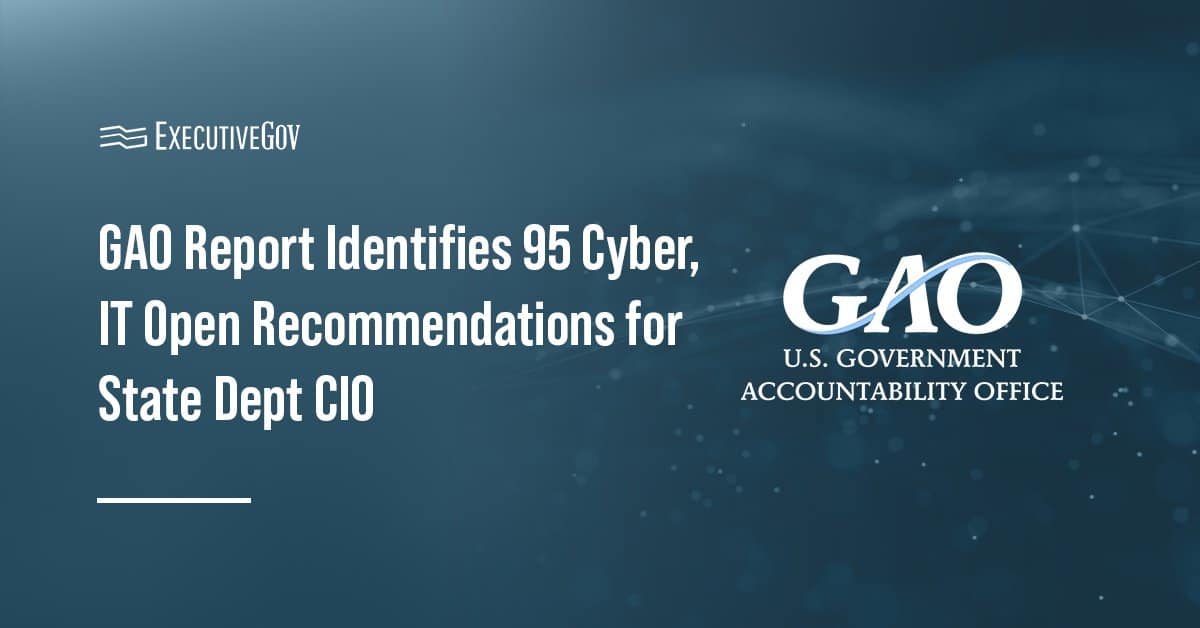 The U.S. Army Cyber Command has been designated by the Department of the Army as an Army service component command.
The U.S. Army Cyber Command has been designated by the Department of the Army as an Army service component command.ARCYBER will work in support of the U.S. Cyber Command as well as lead and execute operations in cyber space in an effort to deny cyber access to potential adversaries under the ASCC status, the Army reported Thursday.
“A dedicated Army service component command for the cyber domain is an important step to strengthen the Army’s ability to deliver important cyber capabilities and synchronize operations for the Army and joint force,” said Lt. Gen. Edward Cardon, commander of ARCYBER and Second Army.
The ASCC designation that was granted through a general order signed on July 11 also authorizes the ARCYBER commander to collect resources necessary to develop and use cyber capabilities in order to support the joint force’s efforts.





